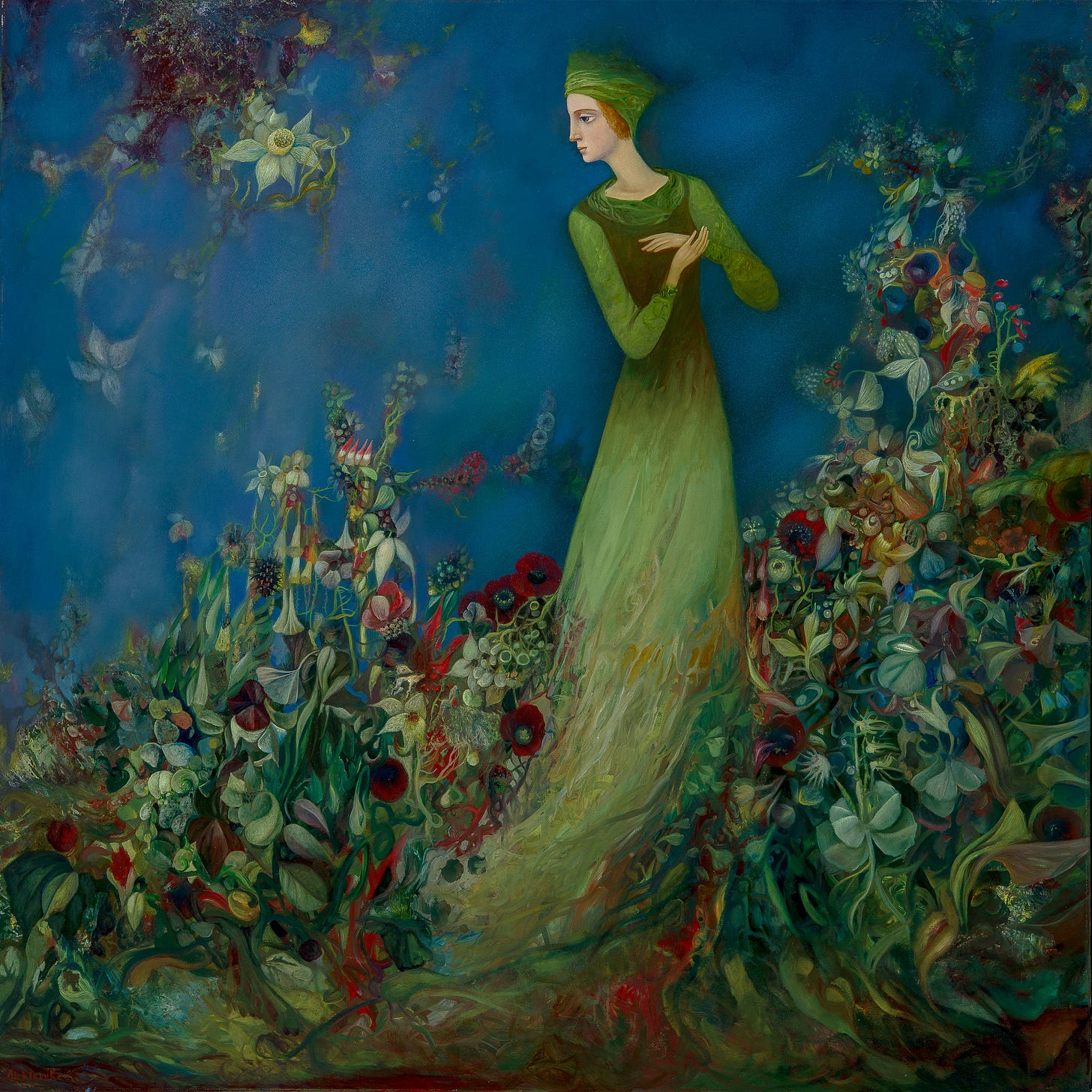Friendship’s a funny thing. I have to admit that, throughout my adult life, I’ve always imagined I don’t do it properly. Happiness, we’re told by this culture that measures success by how much of everything you have or can claim, is measured by (among other things) how many friends you have. By how many people are in your ‘tribe’. And that’s why I’ve always thought I wasn’t doing friendship properly. Because I’ve never had a big pile of people I could call friends – at least, not since I was at school, and I left school forty-five years ago.
My paucity of good friends isn’t because I don’t think people are important: of course I do. And it’s not because I’m weird (though I’m sure I can be). I’m just not good at relationships that stay on the surface. They’ve never interested me, not ever, not for as long as I can remember. I’m very bad at them; I just don’t ever know how to be. I always want to go deep, and you can only go deep with so many people.
Most of the women I talk to who are around my age admit that their ability to form new good friendships declines in adulthood. Most of us abandon at least some friends or budding friendships when we fall in love, get married, set up home with our partner – at least, to some extent. And I certainly did that, at the beginning of both of my marriages. It was just too intense; all my relationship receptors were used up. But many of us find it harder to make friends as we grow into midlife and beyond, no matter what our relationship status might be. It’s not because we’re set in our ways, or set in our opinions. It’s not because we can’t be bothered. It’s just because it’s so very hard to explain who you are, and why; and to explain your life, and how you got here, when you have so many decades behind you and the person you’re facing knows nothing about any of it. Sometimes, I’m told, that can be freeing, but I’m not one of the people who finds it so.
Many of you who are reading this will probably think I’m mad, but that really is the way I feel about it. I just, when meeting new people who might become friends now, don’t know where to begin. Friendship can grow anyway, if you spend time with people because you work together, or do something that’s important to you, or that you love, together. But when your work is by definition solitary – and as a writer, mine always is – that kind of ‘friendship by doing’ just doesn’t happen.
So there’s a sense, for me, in which new old friends – the old friends I’ve discovered again after a long time apart – are the best. I’ve been lucky in that respect, over the past couple of decades. My dearest friend is the only one of my old schoolfriends that I’m still in touch with – but we slipped away from each other and lost touch for around twenty-five years when we left school and went to universities at different ends of the country. It was only when I came back from several years in America at the beginning of this millennium, with a broken marriage behind me and a strong sense that I’d lost my beginnings and so had lost myself, that I tracked her down, and we picked up as if those intervening years just hadn’t happened. We could do that because we were so close in our teenage years, and for me, an only child, it was like discovering a long-lost sister again. Those early friendships can be intense, and I feel very intensely about her still. I wouldn’t care what she did: I’d love her anyway. We don’t see each other often because we still live at different ends of the country, but we don’t need to. She’s family.
Last year, an old friend from my corporate years (those long, lost years in the Wasteland) got in touch out of the blue. Our friendship had faded because she suddenly became pregnant and got married at the age of forty, and all at once it seemed we had nothing in common. Now, newly widowed and with her children grown, we can pick up those threads again. And it’s easy, because we already know a good deal about each other’s past.
This year (or was that also last year?) another old friend got in touch; it’s been a bumper time for circling back around. Helen and I met when I was doing my online MA in Creative Writing, back around 2004. On the surface, we might not have seemed to have much in common: she was a high-flying lawyer who would soon be made a judge, very much younger than is typical; she lived and worked in a city. I was trying to eke out a new living as a psychotherapist whilst tending poultry and vegetables on a remote seven-acre croft in the Highlands of Scotland where I was living alone. She came to stay a few times – but inevitably, after I got married again, and especially when we moved to the wilds of the Outer Hebrides, we lost touch.
Anyway. All this to say that last week, Helen came to visit – the first time I’d seen her in maybe 14 years – and this is the Substack piece she wrote about it. This article, all that follows, is my attempt to respond to it.
Image by Alla Tsank




